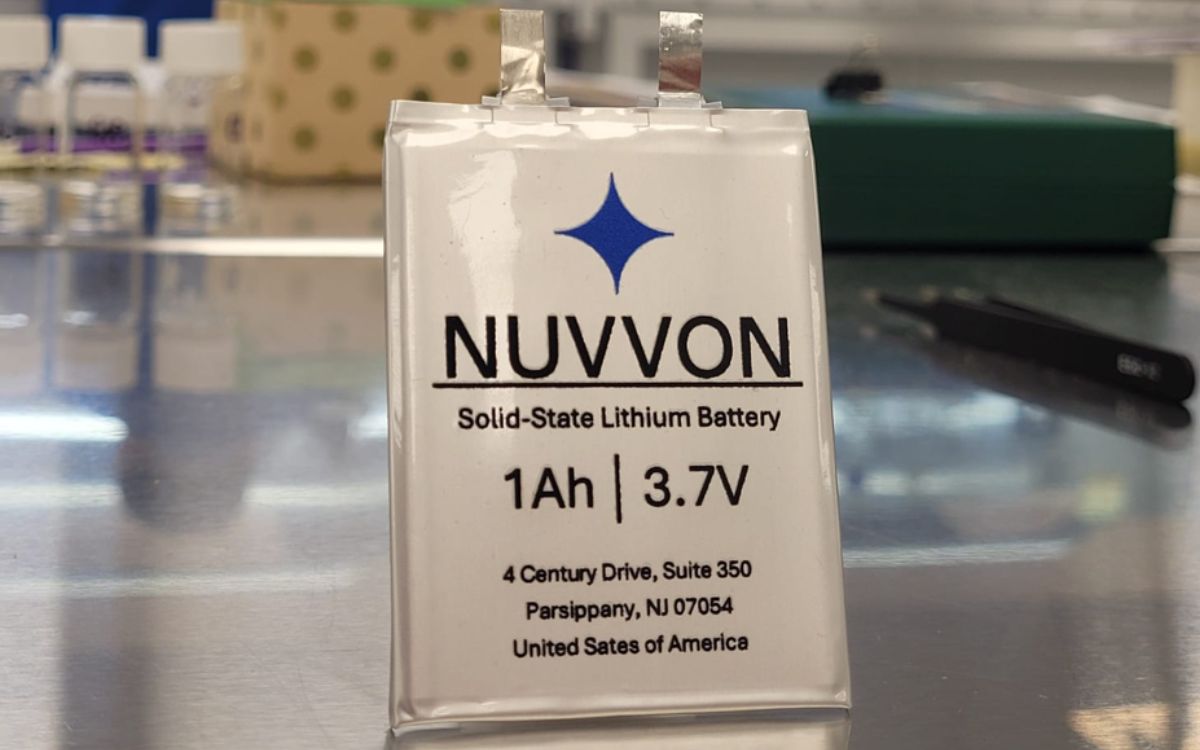Korea is set to invest 43 billion won ($38.4 million) in a bid to double the energy density of lithium-ion batteries for the electric vehicle market by 2020, according to reports.
Developers plan to produce a 300Wh/kg battery, news outlet Korea Joongang Daily reported the country’s Ministry of Trade, Industry and Energy as saying.
The government will provide 27 billion won ($24.4)million and the public sector will invest another 16 billion won ($14million) for the project.
Korea currently makes a battery of 150Wh/kg, but the government wants to exceed 250Wh/kg set by neighboring Japan and China, the report added.
The government plans to spend four billion won ($3.6million) this year alone and another 5.6 billion ($5million) won next year.
Chung Man-Ki, vice minister of the Trade Ministry, made the announcement at a meeting with Korea’s business leaders, including representatives from LG Chem and Hyundai Motor on Wednesday, Korea Joongang Daily said.
“The battery project will allow Korea to maintain an advantageous position in the global market,” said Man-Ki.
“Rechargeable batteries are closely related to electric vehicles and the government hopes that cooperation between the manufacturers of the two products to create a great synergy effect in the future.”
“We will be able to enjoy driving electric cars for 400 kilometers without having to worry about recharging by 2020 and the government expects our exports of rechargeable batteries will grow from $500 million to $3.7 billion once the project is done,” said an official at the Trade Ministry.
A total of 27 public and private institutions and businesses, including LG Chem and Hyundai Motor, and 230 researchers will be involved in the project, the Trade Ministry said.












